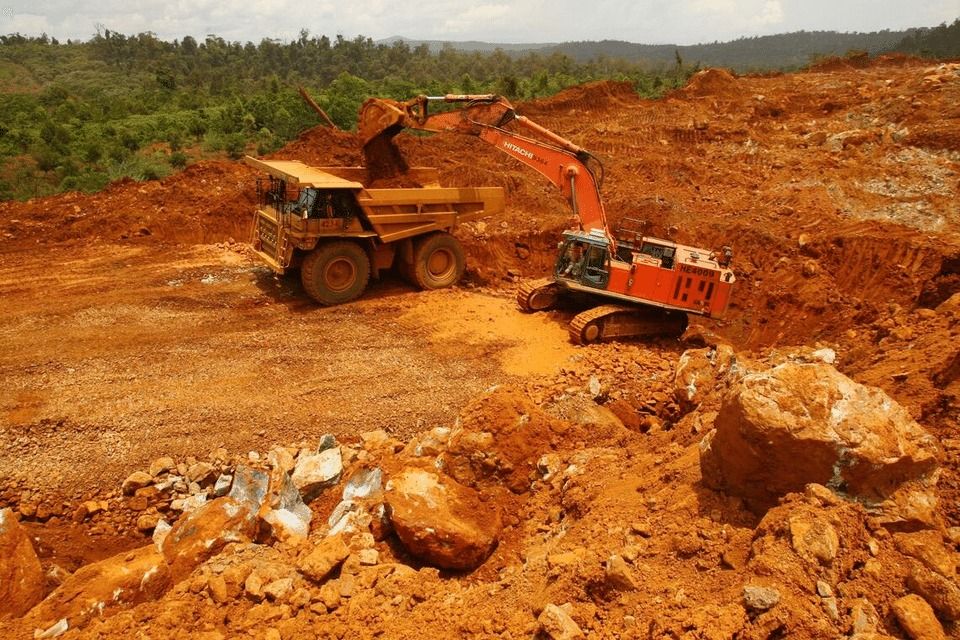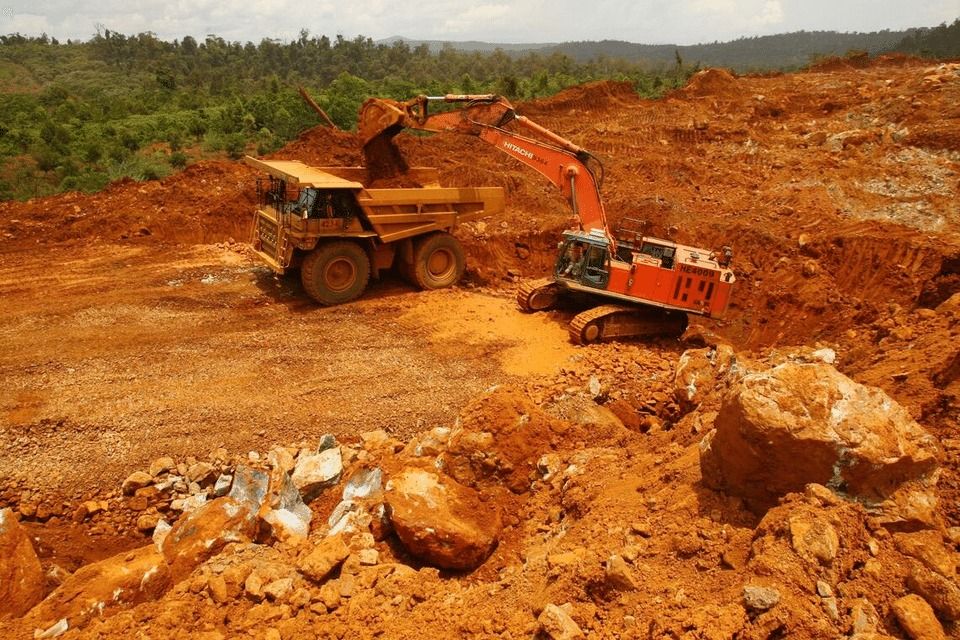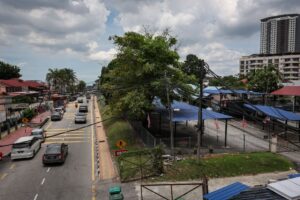
JAKARTA (AFP): The Indonesian government has allowed a nickel mining company to resume operations in an eastern archipelago, a minister said on Sunday, despite an outcry over damage it could cause to pristine islands.
The cluster of islands and shoals in Southwest Papua Province sits in the Coral Triangle and is thought to be one of the world’s most pristine reefs, with its clear blue waters making it a popular diving spot.
PT Gag Nikel, a subsidiary of state mining company Aneka Tambang, resumed operations on tiny Gag island in Raja Ampat archipelago on September 3 after a suspension was lifted, a Ministry of Energy and Mineral Resources official told reporters this week.
Environmental Minister Hanif Faisol Nurofiq said Gag Nikel has received a “green” rating from the government, which means the company has complied with environmental standards assessed annually by the ministry.
“We have once again reviewed all our data related to mining operations at Gag Nikel… An environmental audit was conducted to ensure that the impact caused by Gag Nikel can be properly mitigated,” he told reporters in Bali on Sunday.
Hanif said the ministry would continue to monitor Gag Nikel and supervise its operations.
“Of course… there will always be concerns. That is why we must balance development and environmental protection,” he said.
The Indonesian government revoked permits in June for four out of five nickel mining companies operating in Raja Ampat following an outcry from activists and residents.
Gag Nikel was at first exempted but the government later suspended its operations, saying that possible environmental damage needed to be studied.
Greenpeace Indonesia said the resumption could endanger the marine ecosystem in Raja Ampat, home to 75 percent of the world’s known hard-coral species.
It has said nickel exploitation on the islands of Gag, Kawe, and Manuran led to the destruction of more than 500 hectares (1,200 acres) of forest and vegetation.
“The environmental impact will be irreversible, potentially causing the island to sink due to the rising climate crisis. Eventually, we risk losing the island itself,” Arie Rompas, Greenpeace Indonesia’s forest campaigner, told AFP.
Indonesia has the world’s largest nickel reserves and is the biggest producer of the metal used in electric vehicle batteries and stainless steel.
A 2020 export ban has spurred a domestic industrial boom, and nickel is central to Indonesia’s growth strategy. – AFP





